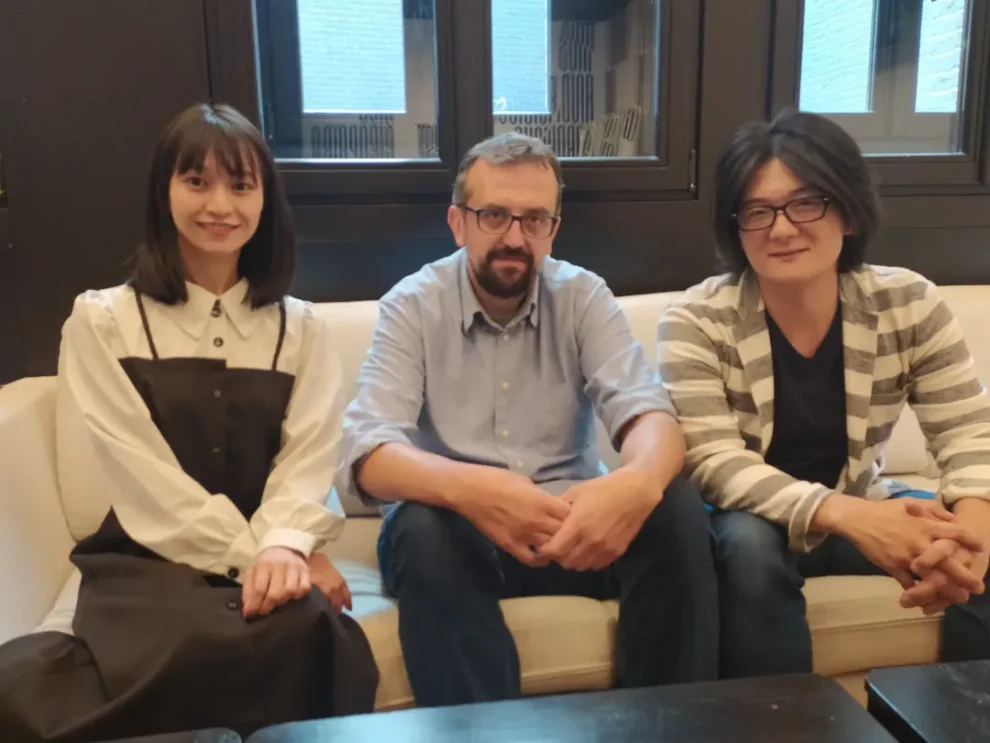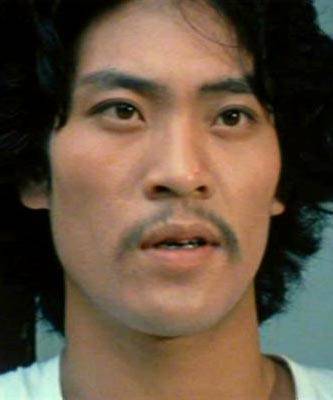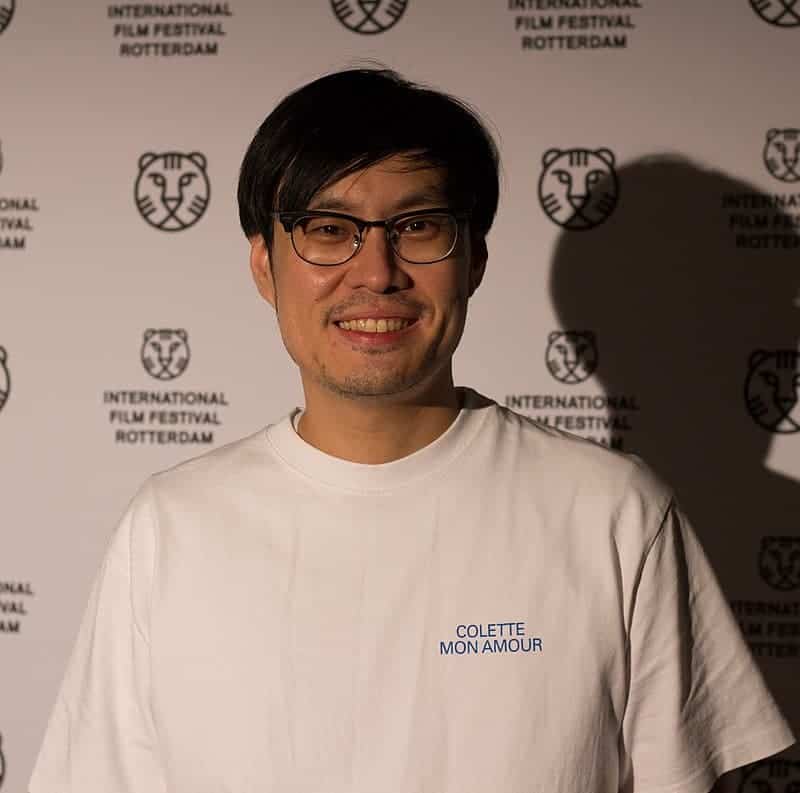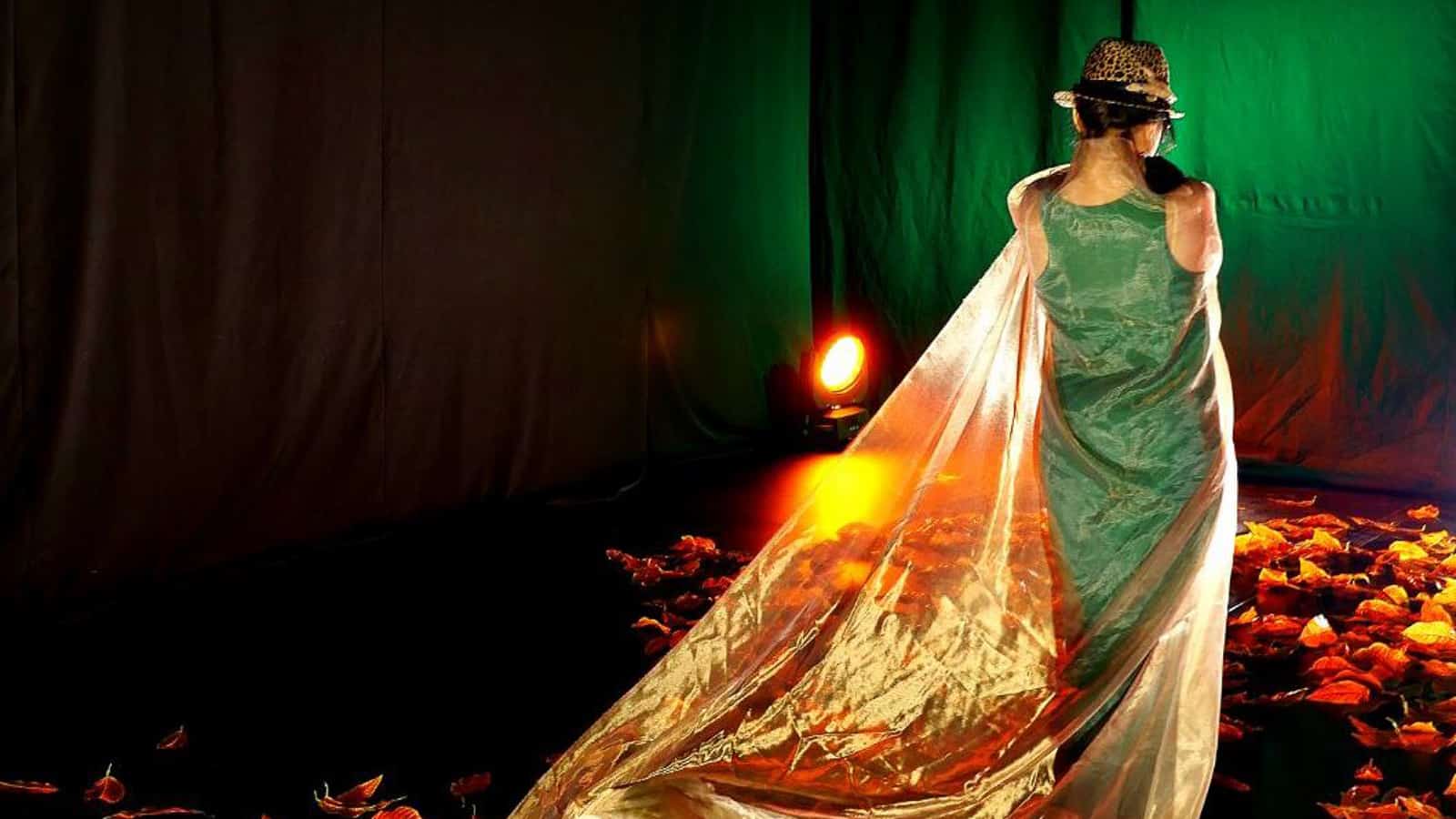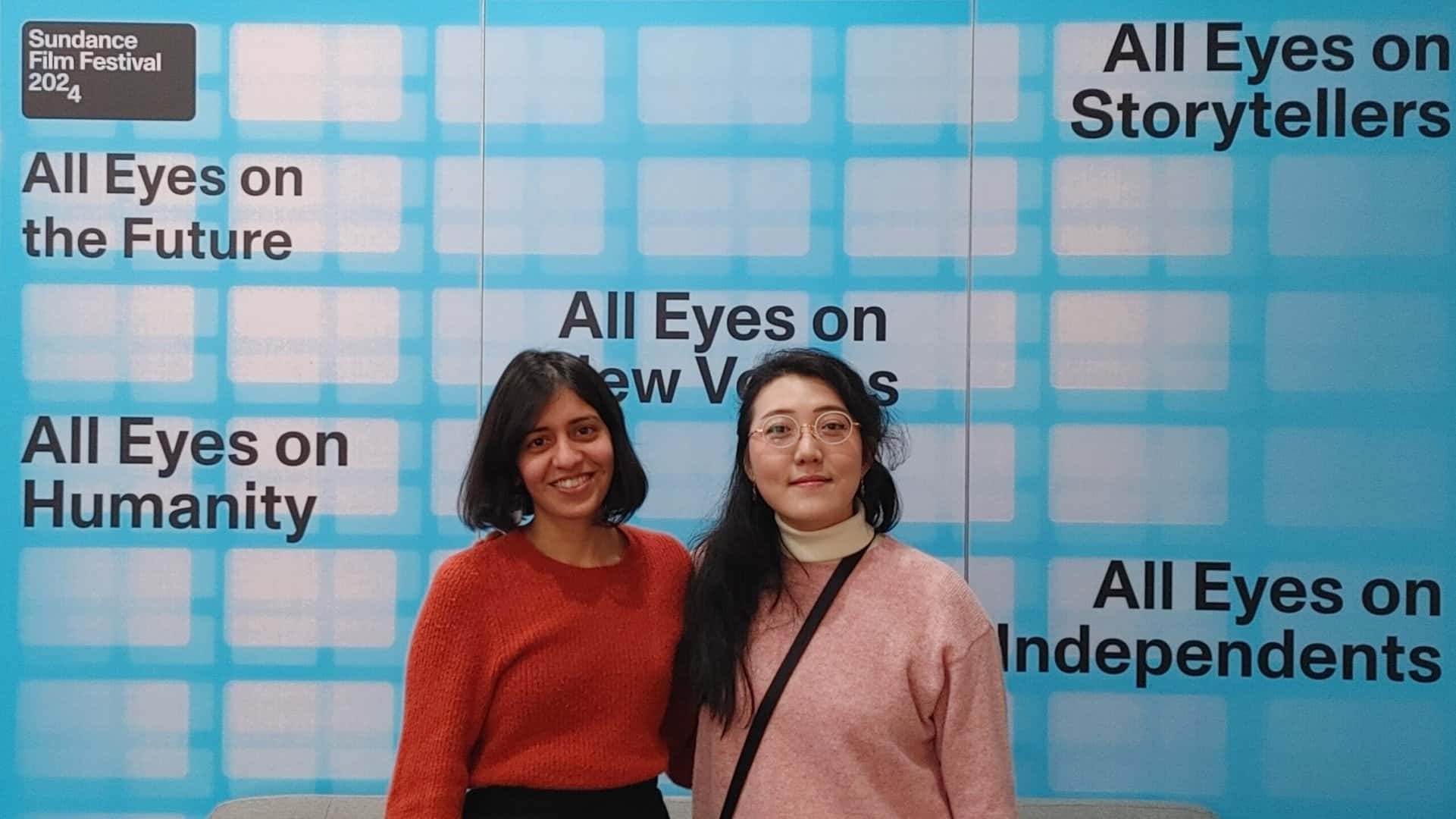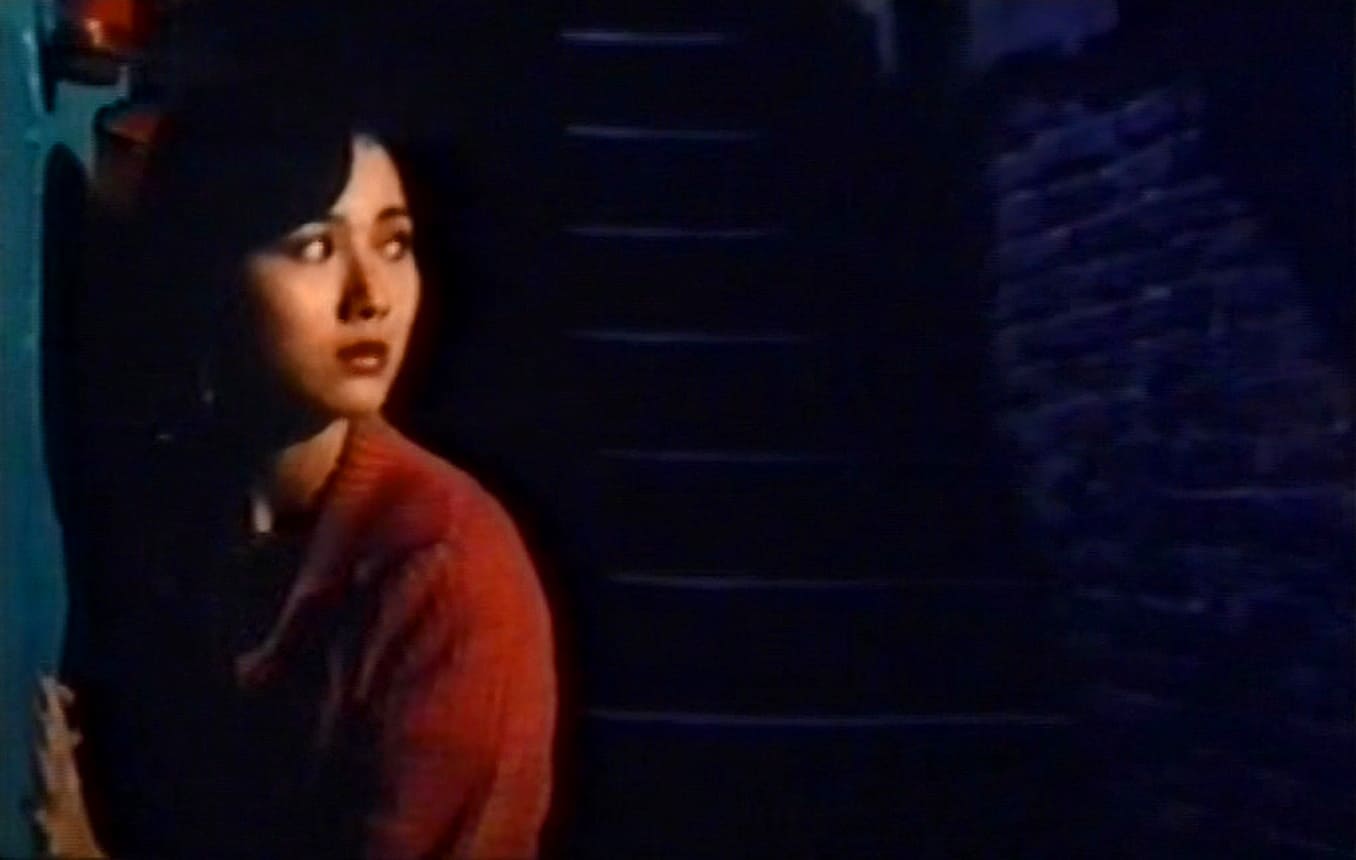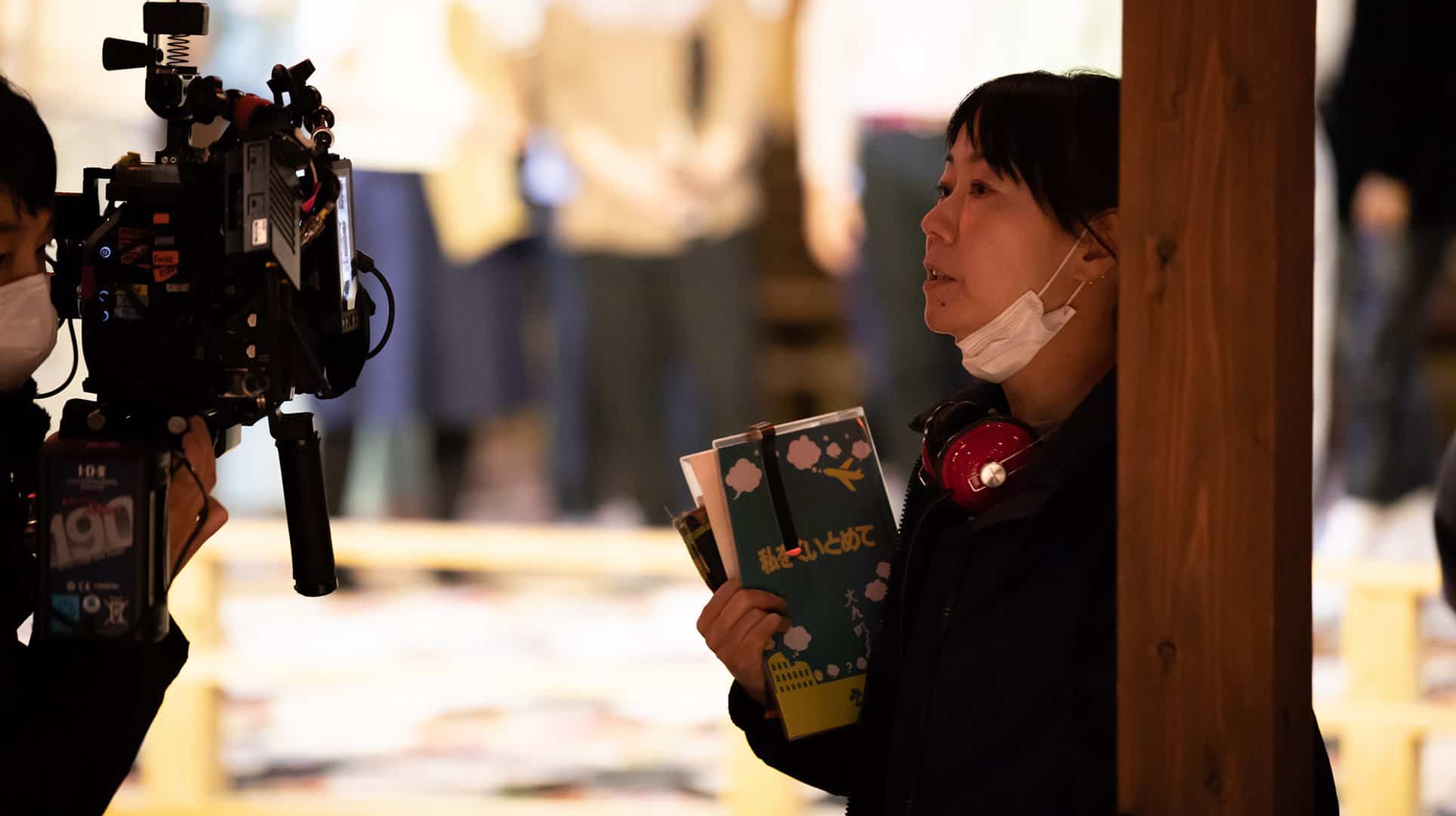Nanami Akatsuki was born in Okinawa Prefecture. Already as a child she became interested in music and decided to join a choir. She has been performing as a singer and actress since 2019 and she made her acting debut the same year with a lead role in the movie “Mayonaka”. In 2020, she formed a band named Kaguramusou, which combines traditional Japanese instruments and heavy metal. She is a vocalist of the band. In July 2022 the band sets off on a world tour.
Kazuaki Matsuda is a Japanese musician, lyricist, composer, music producer, and film producer. He is also the producer of Kaguramusou.
On the occasion of Kaguramusou performing at Inland Dimensions, we speak with them about combining heavy metal with traditional Japanese music, how the band came together, their cooperation in film and music, and many other topics
“Kaguramusou” performed at InlanDimensions

How did Kaguramusou come together?
Matsuda: I was thinking about what would be a music style that I would like, because I am also a musician apart from a producer, and I thought it would be good to make a music band that combines Japanese traditional instruments like koto and shamisen, with something that has more appeal globally. I thought that heavy metal would be a good choice and that this fusion would be interesting, and that is why I came up with a band that combines the two.
How smooth was this unusual combination though?
Matsuda: The biggest issue was to combine the acoustic sound of the traditional Japanese instruments with the more electronic sound of the heavy metal instruments. This was the first big problem we had to overcome. We basically had the latter prepared by a company who helped us adjust the voice of the traditional Japanese instruments to the heavy metal sound.
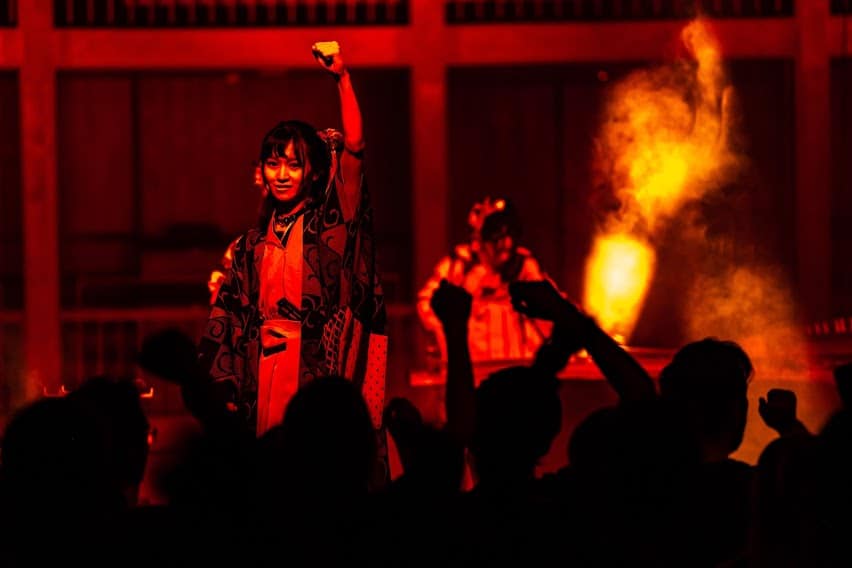
How did you end up with the particular members?
Matsuda: I knew Nanami Akatsuki from before, since she has also been in movies and I knew her vocals beforehand. For the rest of the members, we did research and we had them introduced, one by one, by different people. Since heavy metal is kind of a “tough guy”-music, we thought about having young Japanese girls instead of those tough guys, and that this approach would be really cool and something original.
How many members are in the band now?
Matsuda: Four in the front, playing the traditional organs and Nanami who is singing, and four in the background, so a total of eight.
Can you tell us a bit about the lyrics?
Matsuda: A lot of lyrics are actually philosophical, they are not trite, they are dealing with the heart and the soul; they are something deeper than just lyrics.
In your performance, there is also an intense element of theatricality, you wear costumes and masks for example. Why is that?
Matsuda: It all derives from the name of the band. Kagura is a dance dedicated to the deities, so it is more of a spiritual, ritualistic element in essence. So the theatrical aspect you mentioned are concepts that refer to Kagura.
What is the most difficult part of being a producer of such a band?
Matsuda: As I mentioned before, the combination of these traditional Japanese instruments, which have very specific characteristics of their own, like the key of the music for example. I had to find a concept in order to bring them smoothly together with the metal aspect. For me as a producer, it was the fusion, how to combine the two.
Heavy metal is all around the world and there are people who have a very good ear for the particular music and they know what metal is. Therefore, we knew that we cannot be fake, if the whole thing did not match, people would think that we made it just to sell, that it is not artistic. There was a big challenge to deliver the final versions of the Kaguramusou songs and lyrics and everything else so that people all around the world would know that it is not fake, that we are doing a real thing, a real fusion.
So, what was the reaction of the audience, both in Japan and internationally?
Matsuda: Our world tour started from Paris this year, and we were really happy and amazed to see that there are a lot of people who are fans of Japanese culture, and in general, we had a very good reaction. In fact, there were a lot of people who were not interested in Japanese pop for example, but in the traditional Japanese instruments. Furthermore, metal is quite popular in Europe also, and so the audience combined those and the people who were interested in traditional Japanese music.
Our mission, our goal, what we basically have to do in Japan is find a way to deliver our style to the local audience. In Japan, everyone knows about the traditional Japanese instruments so we were thinking how to make our style more profound, something that is different. So we needed to put some kind of vibe, some power, to make it sexier one could say (laughter).
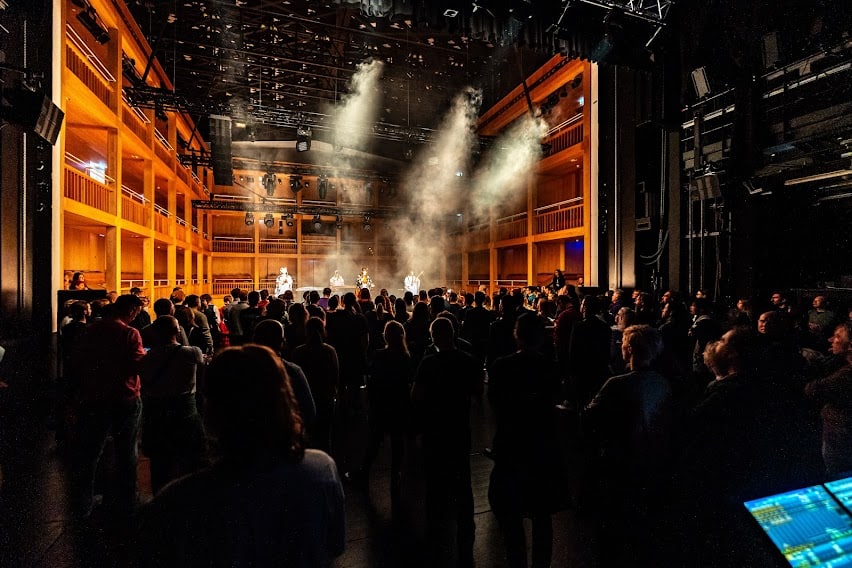
Would you say then, that Japan is a very difficult market for this kind of musical style?
Matsuda: The Japanese market is very small for this type of music, so we wanted to go beyond Japan to deliver all around the world, so we can also approach the European or the US market. Our characteristic, our advantage in going out of Japan, since J-metal is actually known, one could say is the fact that we have created a different type of Japanese metal, as we have combined traditional elements with it.
And can you tell us a bit about your future plans, you already mentioned the world tour, but is there anything else?
In November, we will perform at the Football World Championship, and the end of the tour will be in March next year, with a concert in Japan.
Regarding cinema, we are on the verge of signing an agreement for an adaptation of Roger Corman “Piranha”, where Kaguramusou will also be involved in the soundtrack, while Nanami will also act in the film.
I have seen three different Nanamis I would say, one that was a performer, one an actress, and one an “everyday” person. Is there some sort of transformation involved, are there three different persons?
Akatsuki: When I am in a movie, I need to fit in the role, I am lured, possessed even in a way. I transform into another person. When I am on stage, I am also possessed, but in another way than in the movies, because this is about Kagura, it has to do with the deities, it is very spiritual. There is both good and evil fighting against each other because I can be a goddess, but also a demon. I transform between the two all the time on stage. And I am also here right now, just a cheerful person (laughter)
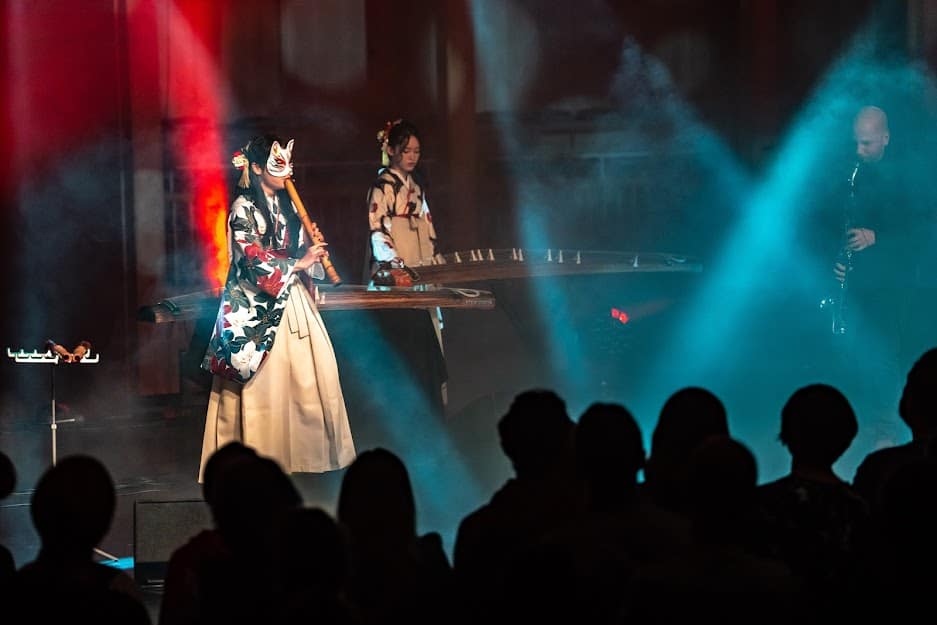
Are the transitions difficult though?
Akatsuki: Actually, I feel that I am living like an actress even in the real world; I feel like I am acting all the time, that my life is all about acting even when I am not playing a role on stage or in the movies. I like to perform in all aspects, even in real life as well.
Are you performing right now? (laughter)
Akatsuki: Which one would you choose? (laughter) I feel that people watch me all the time, from their subjective point of view, but this fact that I am looked upon, is essentially objective, I am used to it.
Are you enjoying this attention?
Akatsuki: Yes, very much.
Can you give us some details about your cooperation with Robert Capria in “Mayonaka”?
Akatsuki: I was doing a performance outside in Shinjuku and the director was actually among the audience and then he just called me and told me that he wanted me in his movie, and that is how our cooperation started
In the movie, you also function as a director essentially, carrying a phone and recording her co-protagonist. Can you tell us a bit more about this aspect?
Akatsuki: The director wanted to present the events in two ways, his as a foreigner and me, as a local who is shooting Shinjuku from her own perspective and knowledge of the area. Essentially the movie becomes a documentary of sorts, as Shinjuku is presented through these two very different perspectives.
Are there a lot of people in Japan living in these tiny rooms above internet cafes, as your character in the movie?
Akatsuki: Tokyo is like a dreamland for many people, a lot of people come from many regions of Japan to fulfill their dream. On the other hand, Tokyo is a megalopolis, an urban center and you have to cope with the fact that there are so many people and that sometimes, you simply become lonely. It is also very difficult to live in because it is very expensive. In fact, the people who are going to the net cafes are trying to find a way to fight this loneliness, because there is always a way to escape from their solitude, there is always something to refer to. Essentially they go there not to go crazy from being lonely.
Do you ever feel lonely?
Akatsuki: I feel lonely everyday. At the moment I am fine though (laughter) . There is a crevice in my heart that tells me sometimes that I am lonely.
What about you?
Matsuda: The biggest loneliness comes to me when people do not understand what I am trying to say, when they do not get me. You can feel really lonely when you are in this spot. So I can feel lonely even in a crowd sometimes.
Do you like the character you play in Mayonaka? Would you hang out with her?
Akatsuki: We shot in the “back alleys” of Shinjuku, which is a place I do not really go to. So I also wonder what would happen if I met such a person.
So the whole shooting was really guerilla-like, you would just go to the street and start shooting?
Akatsuki: Yes, that was the plan from the beginning. To shoot it like that.
Matsuda: He wanted to play as it is, just present the reality, not shoot it more beautiful than it really is. There were scenes that were impromptu, like, “we are shooting now, this is the right time!” in order for the film to be more real, stripped of any gimmicks.
Were there any episodes?
Akatsuki: Since we did it guerilla-style, sometimes the police would show up, and Matsuda would do all the talking then. He did all the dirty work, to explain what was going on.
Matsuda: “Look, look here come the cops! Stop, Stop” (laughter)
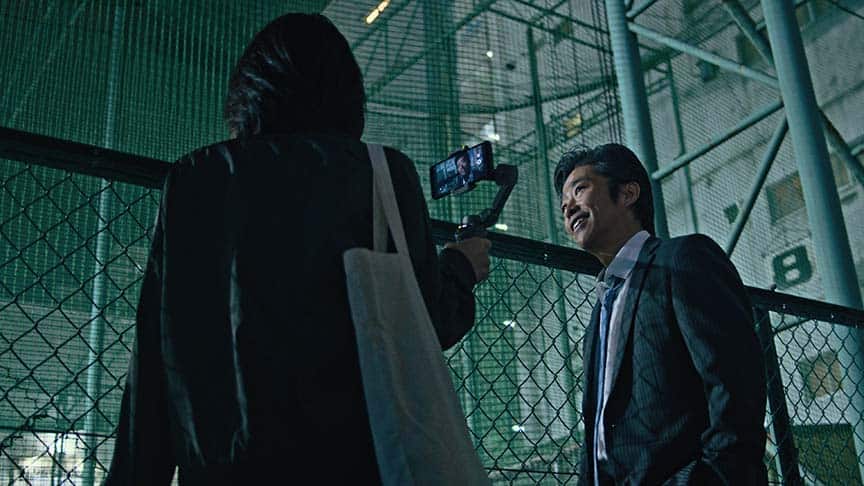
If the movie continued, how would the protagonist change?
Akatsuki: I think she would overcome her will to die and would move forward, she would see life in a more positive way.
What was the reaction of the audience in Japan to the movie?
Matsuda: There were a lot of people from the press when it screened at the Rosa cinema in Ikebukuro. The reaction was mixed, there were people who wrote very good reviews while others hated it. Nothing in the middle. On the other hand, it was interesting to see this diversity among critics.
The director is American and it was his first film in Japan. I thought that there were some editing issues there, the way one scene jumps to the other. The director does not speak Japanese, so he probably did not understand some things that were said and he did the editing himself and this resulted in a very strange vibe in the succession of the scenes. I found the whole thing disturbing to tell you the truth. On the other hand, we do not edit like this in Japan, and this made me interested in what his motivation was to edit in this particular way.
In the movie you eat a whole cake. Can you tell us a bit more about this scene?
Akatsuki: He told me to start eating and only stop when he tells me. I had to eat voluptuously and I started eating and I was waiting for him to stop me but he never did until I ate the whole thing (laughter).
Was the director laughing (laughter)?
Akatsuki:There was one more cake to eat actually, but I could not eat it (laughter). The main motivation of the protagonist is to surpass herself, go beyond, so eating the cake voluptuously actually falls under this mentality. That is why the scene is in the movie, to stress this point.
Can you tell us a bit about the music of the film, in which you were also involved?
Akatsuki: There is the scene in the karaoke, where it is basically my song and my lyrics and there is also a song by Matsuda, where I wrote the lyrics. I read the script of the movie and this gave me the inspiration to write this song and these lyrics.

Are you happy with your performance in the film?
Akatsuki: There are some parts that I may not be wholly satisfied with, but, overall, when I watched the movie again in the cinema, I felt that my performance was realistic, and I am very happy and satisfied with this aspect. I am me, I am playing myself in the movie, there is no gimmick.
What is the situation with the Japanese indie movie industry at the moment?
Matsuda: I think the problems with the indie industry are the same all over the world, which are of budgetary nature. If you don't have a massive company supporting you, you cannot spend a lot towards promotion, and so you screen the movie in smaller cinemas, smaller venues and the information does not reach a lot of people. There is cinema Rosa In Ikebukuro, which is actually quite famous for promoting these underground and indie movies, and they have a specific audience, people who always go there and they like these particular type of cinema. So when we screen there, they help us with reaching out to the community that enjoys these movies. That is why we chose this cinema to screen the movie.
When I talk to Japanese indie filmmakers, they always mention the financial issues they face and how difficult it is to shoot movies. But at the same time, a huge number of movies are being shot every year in the country, including many indies. How do you explain that?
Matsuda: There is a big difference between Japan and other countries in making such movies. In the States or abroad, the way of thinking is that you spend a certain amount, and then you think how you will get the money back and make some revenue. In Japan, though, we don't think like that. There are people who are “geeks”, who want these movies to be shot because they just enjoy them. You can have a company sponsor, or just a private donor that gives the basic funds to shoot, and that is how indie productions frequently work, since everyone is thinking about the final product, the movie, instead of making money. That is how we produce more than 100 independent movies a year.
So in the end, these movies lose money?
Matsuda: There are a lot of cases where the budget is really small, and we are constrained by the budget, but when you go beyond, for various reasons, that is when you lose money. That is part of our job as producers though, to take part of the risk upon us.
Are you thinking of choosing acting or singing?
Akatsuki: I want to go both ways and combine them. I am also acting when I am on stage singing for example, and I am singing when I act in “Mayonaka” and that is the way I want to continue.
Matsuda: When I am looking at Minami as her producer, from my perspective, I also see her duality, and when she is on stage as a performer, this thing that she has inside her, splurges out, the whole tension, and essentially, her whole self, which she is sharing with her audience. She gives herself to the audience and the audience reacts to this “offering”. When she is acting, it is as if she is creating herself, giving birth to another self, a different kind of tension. At least this is my opinion (laughs)
Do you watch a lot of movies?
Minami: I watch 4 movies a week, I love movies. I like “Biohazard”, I am really into this. I love to move, so eventually I want to do an action movie, to have the role of a fighting woman.
Matsuda: In November there is one movie of hers that will be out and another one in March next year.


